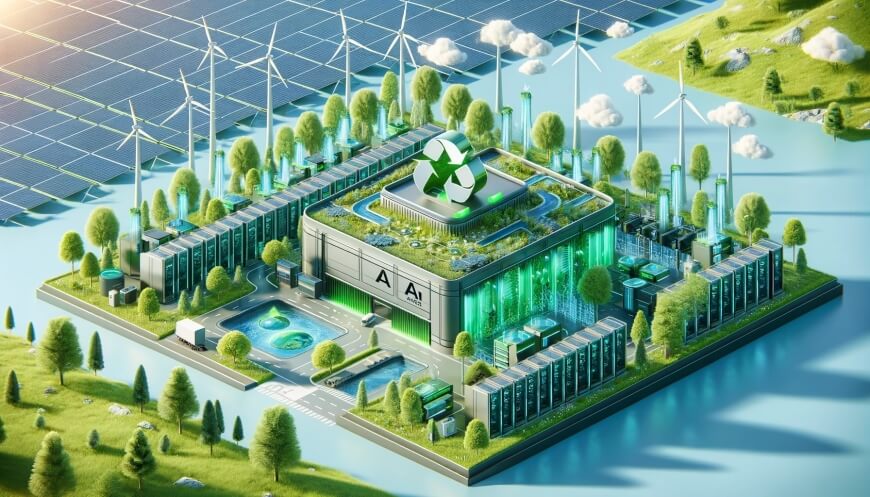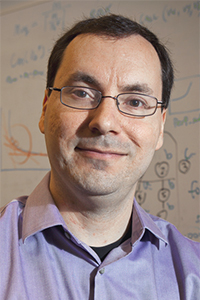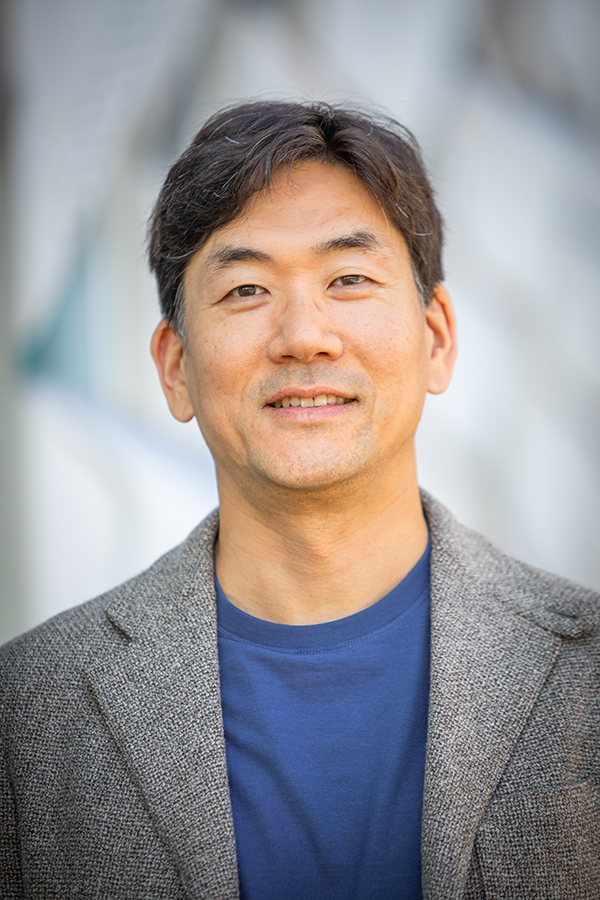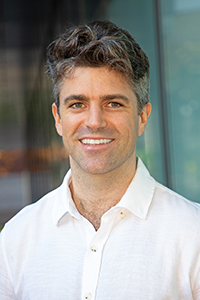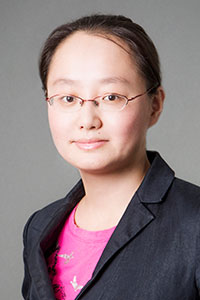News
(Image generated by DALL-E)
A multi-institutional research initiative co-led by David Brooks, Haley Family Professor of Computer Science at the Harvard John A. Paulson School of Engineering and Applied Sciences (SEAS), has been awarded $12 million over five years by the U.S. National Science Foundation for its “potential to revolutionize computing and make significant impacts in reducing the carbon footprint of the lifecycle of computers”.
The initiative, co-led by Benjamin Lee, professor in the Department of Electrical and Systems Engineering and the Department of Computer and Information Science at the University of Pennsylvania’s School of Engineering and Applied Science (Penn Engineering), aims to lay the foundations for sustainable computing.
“Despite recent advances to achieve net zero carbon emissions, the computing industry’s gross energy usage continues to rise at an alarming rate, outpacing the growth of new energy installations and renewable energy deployments,” said Brooks. “For more sustainable computing, we need to rethink computing’s infrastructure, from semiconductor chips to hyperscale data centers, with the goal of mitigating carbon costs from hardware and operations."
For more sustainable computing, we need to rethink computing’s infrastructure, from semiconductor chips to hyperscale data centers, with the goal of mitigating carbon costs from hardware and operations.

“Our goal is to redefine the way researchers in computing consider environmental sustainability and establish new standards for carbon accounting in the computing industry to influence future energy policy and legislation,” said Lee.
Co-PIs at SEAS include Gu-Yeon Wei, the Robert and Suzanne Case Professor of Electrical Engineering and Computer Science, Minlan Yu, the Gordon McKay Professor of Computer Science and Gage Hills, Assistant Professor of Electrical Engineering.
The initiative, named the “NSF Expeditions in Computing: Carbon Connect -- An Ecosystem for Sustainable Computing”, will pursue three main goals.
First, the team will create standardized protocols to accurately measure and report carbon costs across the entire lifetime of a device, from manufacturing to recycling, including the day-to-day footprint of systems operating in the field.
“Measuring carbon is a prerequisite for developing technical solutions for more sustainable computing, but today’s carbon estimates are produced by opaque methods and accompanied by large error bounds,” said Brooks. “We cannot optimize what we do not understand.”
Next, the team will develop tools and strategies to reduce computing’s carbon footprint by 45% within the next decade. These innovations will include energy-efficient hardware design, advanced hardware recycling and disposal strategies, and the intelligent use of renewable energy to reduce operational carbon from datacenters.
Finally, Carbon Connect Expedition team will look to the future and explore solutions to reduce carbon for fast-growing applications over the next decade, namely artificial intelligence and virtual reality systems.
“To reduce overall carbon costs and deliver sustainable performance for future artificial intelligence and virtual reality systems, engineers and computer scientists need to work together and come up with intelligent compromises to balance embodied and operational carbon,” said Lee.
Carbon Connect Expedition is one of three projects chosen by the U.S. National Science Foundation Expeditions in Computing (Expeditions) program, an initiative that supports transformative research poised to yield lasting impacts on society, the economy and technological advancement. Collaborators of this project include University of Pennsylvania, California Institute of Technology, Carnegie Mellon University, Cornell University, Yale University, and Ohio State University.
Topics: Climate, Computer Science
Cutting-edge science delivered direct to your inbox.
Join the Harvard SEAS mailing list.
Scientist Profiles
David Brooks
Haley Family Professor of Computer Science
Gu-Yeon Wei
Robert and Suzanne Case Professor of Electrical Engineering and Computer Science
Gage Hills
Assistant Professor of Electrical Engineering
Minlan Yu
Gordon McKay Professor of Computer Science
Press Contact
Leah Burrows | 617-496-1351 | lburrows@seas.harvard.edu
